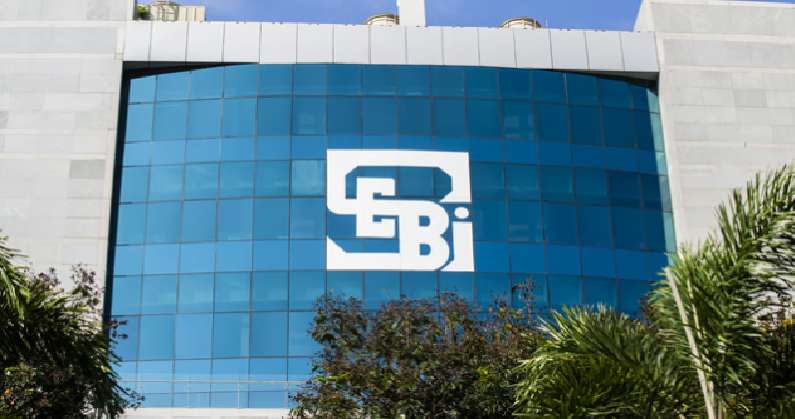SEBI Postpones Mandatory ESG Disclosures for Value Chain to 2026
SEBI has postponed the mandatory ESG disclosure requirements for the value chains of listed companies by one year, shifting the deadline to the 2026 financial year. This delay gives companies more time to comply with the Business Responsibility and Sustainability Reporting (BRSR) framework. Until then, ESG reporting will remain voluntary, allowing businesses to prepare effectively. The new rules also introduce simplified disclosure processes, including a cap on the scope of required information, focusing on key partners accounting for 2% or more of the company's procurement or sales.

In December 2024 India’s market regulator, SEBI, has decided to defer the deadline for mandatory ESG disclosures for the value chains of listed companies by one year. The new requirements will come into effect from the 2026 financial year, giving companies and their value chain partners more time to adapt to the Business Responsibility and Sustainability Reporting (BRSR) standards. Until then, adherence to ESG requirements will remain voluntary, replacing the existing "comply or explain" approach.
This decision is part of SEBI's broader efforts to ease doing business and to facilitate the gradual adoption of ESG standards. At its recent meeting, SEBI’s board also approved several updates aimed at simplifying disclosure processes and reducing the administrative burden on companies.
Key Changes Introduced by SEBI
- Deferral of Mandatory Deadlines:
Mandatory ESG disclosures for the value chain are postponed to the 2026 financial year (from the earlier 2024 – 2025 deadline). The requirement for third-party assessment or assurance is deferred to the 2026 – 2027 financial year; - Limitation on Disclosure Scope:
Companies will be required to disclose information only about key value chain partners, accounting for 2% or more of the total procurement or sales. Disclosures can be capped at 75% of the total procurement and sales value; - Eased Requirements:
For the first year of mandatory ESG disclosures, providing data from the preceding financial year will not be required; - Additional Leadership Indicators:
A new leadership indicator under BRSR Principle 6 mandates the disclosure of green loans obtained or acquired by the company and its key value chain partners.
Implications for Businesses
Experts have welcomed SEBI’s phased approach. Smita Shetty, Regional Director of Achilles Information for the Asia-Pacific region, highlighted that these measures ensure a balanced transition to mandatory ESG reporting, allowing companies to focus on preparation and adopting sustainable practices.
Dipankar Ghosh, Partner and Head of Sustainability and ESG at BDO India, noted that access to value chain data remains a global challenge. SEBI's decision enables businesses not only to meet requirements but also to embed ESG principles into practice, strengthening the resilience of their supply chains.
Conclusions
The phased introduction of mandatory ESG reporting creates more flexible conditions for businesses, reducing administrative pressure. Relaxed requirements provide companies with the opportunity to adapt to new standards without the risk of non-compliance.
Limiting the scope of disclosures makes the process more manageable while maintaining a focus on critical environmental and social factors. These changes reflect SEBI’s commitment to fostering a sustainable business environment that supports the long-term development of entire value chains.



